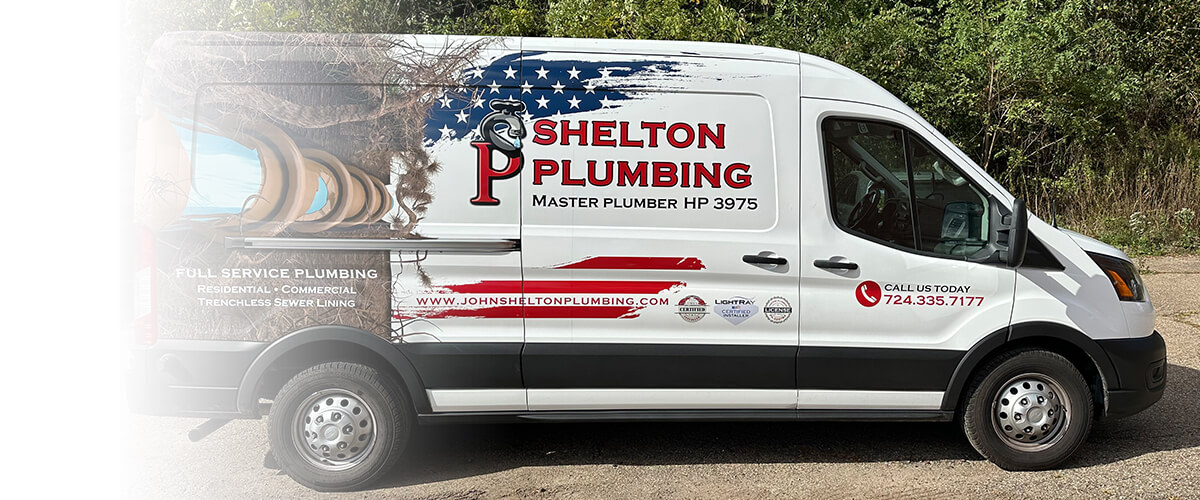Do You Need a Dye Test to Sell a Home?
Most municipalities require homeowners to obtain a sewer compliance certificate before selling a property. And if your home is connected to a sanitary sewer, the only way to receive that certificate is by passing a dye test to sell a home. This quick inspection ensures that stormwater is not entering the sewer system through cracked or damaged lines.
At John Shelton Plumbing, we perform dye tests and sewer repairs for homeowners in Arnold, New Kensington, Creighton, Russellton, and Freeport who are preparing their homes for sale or transfer.

What Is a Dye Test and Why Is It Required?
A dye test checks whether stormwater or groundwater is improperly entering the sanitary sewer system. Excess water from downspouts, drains, or cracked pipes can overload municipal systems, cause backups, and lead to major infrastructure issues. To prevent this, municipalities require a dye test before any home sale can be finalized.
How a Dye Test Works
A bright, non-toxic dye is added to exterior drains or downspouts. If any of that dyed water shows up in the sewer system during the test, the property fails. Only a passing dye test can produce the compliance certificate required for closing.
Why Dye Tests Matter When Selling a Home
If your home fails a dye test to sell a home, the issue must be corrected before the municipality will issue a compliance certificate. This protects the public sewer network, but it also protects future homeowners from hidden plumbing problems.
Common causes of dye test failures include:
- Cracked or damaged sewer lines
- Improper connections from downspouts or yard drains
- Root intrusion in the sewer line
- Collapsed or clogged sections of piping
Years ago, repairing failed sewer lines required digging up yards, sidewalks, landscaping, and even driveways or streets. Today, plumbers can diagnose issues far more accurately and repair them with minimal disruption.
The Role of Sewer Cameras in Modern Dye Testing
Sewer camera inspections allow us to pinpoint the exact location and cause of a failure. Instead of tearing up your yard, we insert a high-resolution camera into the sewer line to identify cracks, breaks, or improper connections.
This approach saves time, prevents unnecessary digging, and ensures the repair plan targets the real issue.
How Trenchless Sewer Lining Fixes Dye Test Failures
One of the most effective solutions for a failed dye test is trenchless sewer lining. This modern technique allows us to install a new, seamless pipe inside the existing sewer line without excavation.
The liner is saturated with a specialized epoxy, inserted into the pipe, expanded, and then cured in place. The result is a durable new pipe rated to last over 50 years — all without digging up sidewalks, driveways, or landscaping.
Trenchless repair offers major benefits:
- No excavation or property damage
- Faster repairs and quicker compliance certification
- Lower overall cost compared to full pipe replacement
- A long-term solution that resists cracks, corrosion, and root intrusion

